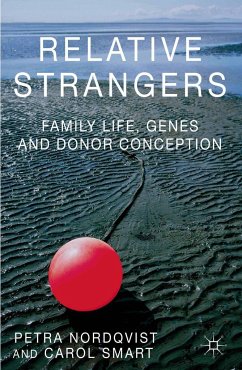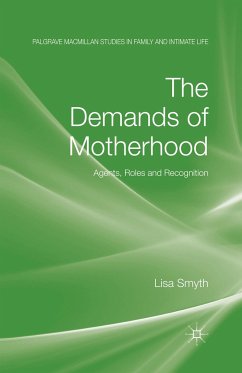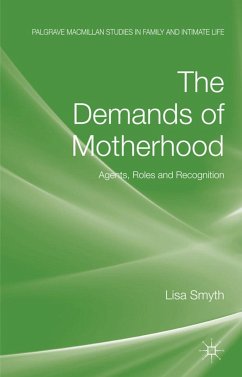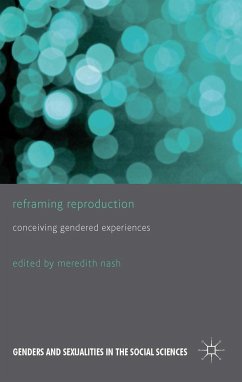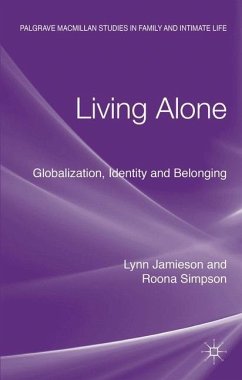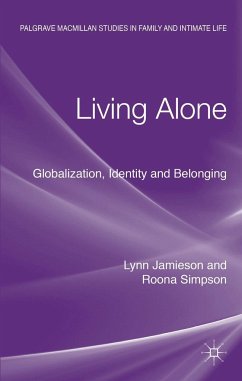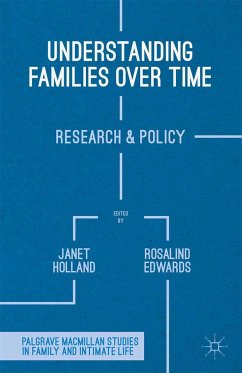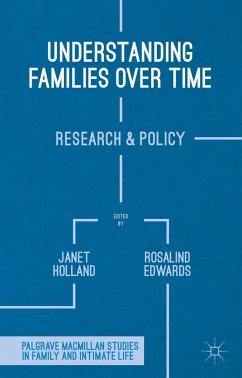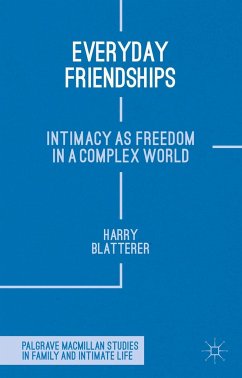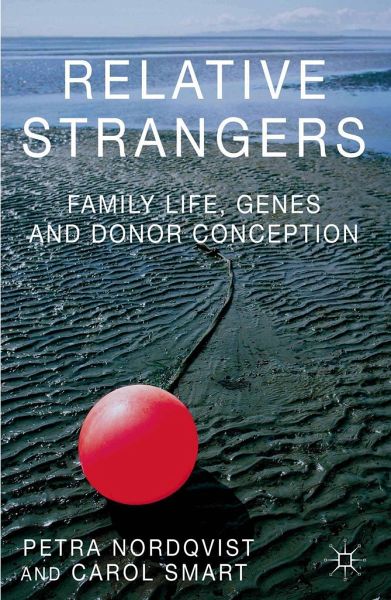
Relative Strangers: Family Life, Genes and Donor Conception

PAYBACK Punkte
19 °P sammeln!
With reproductive medical technologies becoming more accessible, assisted donor conception is raising new and important questions about family life. Using in-depth interviews the authors explore the lived reality of donor conception and offer insights into the complexities of these new family relationships.





